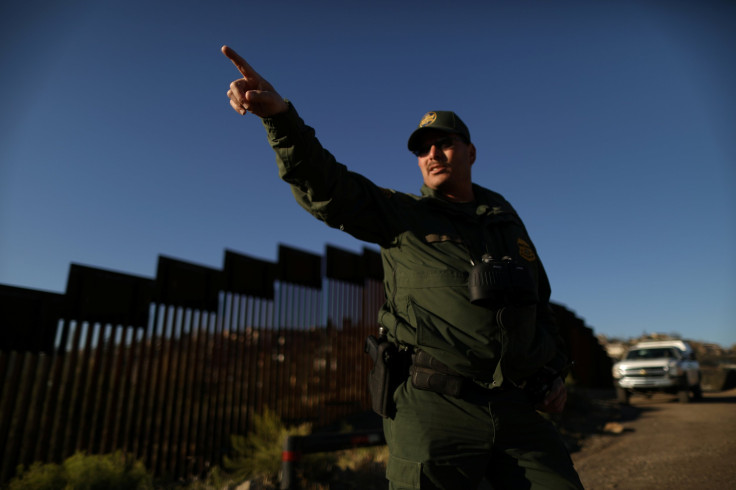Border Update: Supreme Court To Decide If US Patrol Agent Can Be Sued For Killing Unarmed Boy in Mexico

The Supreme Court scheduled hearings on Tuesday to decide whether a U.S. border patrol agent standing on American soil can be sued for killing a Mexican national in Mexico.
In 2010, U.S. border patrol agent Jesus Mesa Jr. shot and killed 15-year-old Sergio Hernández, a Mexican citizen. Mesa was on the U.S. side of the border in El Paso, Texas, and Hernández, who was unarmed, was 60 feet away in Ciudad Juarez, Mexico.
Mesa's account of the incident described a group of boys throwing rocks and trying to enter the U.S, the Washington Post reported. But cell phone video shows Hernández playing games with his friends. One of the games was to run up an incline, touch the border fence on the U.S. side, and run back down the incline into Mexico. Mesa grabbed one of the boys, and then fired his gun, killing Hernández, who was hiding behind a pillar of a bridge that connects El Paso and Ciudad Juarez.
After the shooting, Hernández's family filed a lawsuit against Mesa, arguing that the agent violated Hernández's constitutional rights. The Supreme Court will hear the case on Tuesday, and eventually decide whether Hernández's family has any standing to sue in U.S. courts.
After a trial judge dismissed the suit, the Fifth Circuit Court of Appeals heard the case, but ruled that Hernández's parents could not sue under the U.S. constitution, as the boy had no "significant voluntary connection" to the U.S. The Supreme Court agreed to hear the case in October.
"If left standing, the Fifth Circuit's decision will create a unique no-man's land -- a law-free zone in which US agents can kill innocent civilians with impunity," Robert Hilliard, a lawyer for Hernandez's family, argued in court filings. "This court should make clear that our border is not an on/off switch for the Constitution's most fundamental protections."
While Mexico charged Mesa with murder, the U.S. refused to turn him over to Mexican authorities. The Court still has only eight members, as the seat vacated by death of Antonin Scalia in early 2016 has yet to be filled. President Donald Trump nominated judge Neil Gorsuch to fill Scalia's seat on Jan. 31, but confirmation hearings for Gorsuch aren't scheduled to begin until March 20.
© Copyright IBTimes 2025. All rights reserved.






















